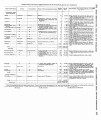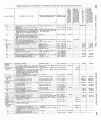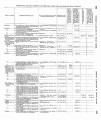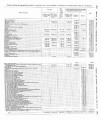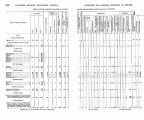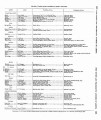| Title |
Annual Report of the Commissioner of Indian Affairs - 1877 |
| Subject |
Indian reservations; Federal government; Indians of North America; Maps; Work; Land use; Allotment of land; Treaties; Agriculture; Timber; Health; Indians of North America--Social life and customs; Water rights; Natural resources; Education; Indians of North America--Education; Tribal government; Livestock; Hunting; Religion; Missionaries; Employment (Economic theory); Indigenous peoples--North America |
| Keywords |
Annual Report; Indian Agency; Reservations; Land Rights; Allotment; Tribal Funds; Trade; Indian; White Relations; Native Americans |
| Publisher |
Digitized by J. Willard Marriott Library, University of Utah |
| Tribe |
Ute |
| Language |
eng |
| Description |
Excerpts concerning Utah from the Annual Report of the Commissioner of Indian Affairs - Courtesy of the University of Wisconsin Digital Collections. The Commissioner of Indian Affairs outlines (among other issues) Indian education policy, the removal of certain tribes from their reservations to Indian territory, and the affairs of various Indian commissions. The Colorado Indian agent submits a report pertaining to the Utes. The Uintah Ouray agent discusses supplies delivered to the agency, the condition of buildings on the reservation, demographic data about the Utes, farming and stock raising, and "progress toward civilization" |
| Type |
Text |
| Coverage |
Uintah and Ouray Indian Reservation (Utah); Utah; Washington (D.C.) |
| Format |
application/pdf |
| Rights |
Digital Image © 2011 America West Center. All Rights Reserved |
| ARK |
ark:/87278/s6642kdx |
| Creator |
Commissioner of Indian Affairs; Critchlow, J.J. |
| Date |
1877 |
| Spatial Coverage |
Uintah and Ouray Indian Reservation (Utah); Washington (D.C.); Utah |
| Setname |
uaida_main |
| ID |
369663 |
| Reference URL |
https://collections.lib.utah.edu/ark:/87278/s6642kdx |
















































